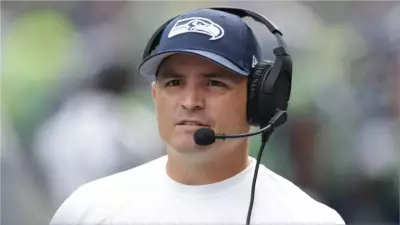
In a stunning revelation that has sent ripples through the chess world, World Champion Magnus Carlsen made a surprising confession during a training session with Grandmaster Daniel Naroditsky. The Norwegian superstar, known for his unbeatable gameplay, openly admitted to a unique approach that might explain his continued dominance in the sport.
The Training Session That Shocked the Chess Community
During an intense online training stream, Carlsen dropped a bombshell that left both Naroditsky and viewers astonished. "Often, checkmate me," the world champion stated, revealing a vulnerability rarely seen in top-level chess players. This admission from the highest-rated player in history showcases a revolutionary approach to training and improvement.
Naroditsky's Perspective on Carlsen's Mindset
Grandmaster Daniel Naroditsky, himself an accomplished player and popular chess educator, provided unique insights into what makes Carlsen different. The training session demonstrated that even the world's best player recognizes the value of analyzing losing positions and understanding where things can go wrong.
This approach contradicts conventional chess training methods, where most players focus exclusively on winning strategies and perfect games. Carlsen's willingness to explore his own defeats and vulnerable positions demonstrates a growth mindset that separates champions from contenders.
What This Reveals About Champion Psychology
The "checkmate me" philosophy exposes several key elements of Carlsen's success:
- Humility in learning: Despite being the world's best, Carlsen remains open to improvement
- Analytical depth: Studying losing positions provides insights winning games cannot reveal
- Mental resilience: Embracing vulnerability builds stronger psychological foundations
- Continuous evolution: The champion never settles, constantly seeking new ways to grow
Implications for Chess Training Worldwide
Carlsen's methodology, as revealed through his sessions with Naroditsky, suggests a paradigm shift in how chess players at all levels should approach their training. Rather than hiding weaknesses, the champion's approach encourages confronting them directly and systematically.
This training philosophy extends beyond chess, offering valuable lessons for anyone pursuing excellence in competitive fields. The willingness to be "checkmated" in practice creates opportunities for growth that playing safe can never provide.
The collaboration between Carlsen and Naroditsky continues to produce valuable content for chess enthusiasts worldwide, demonstrating that even at the highest levels of competition, learning never stops.





